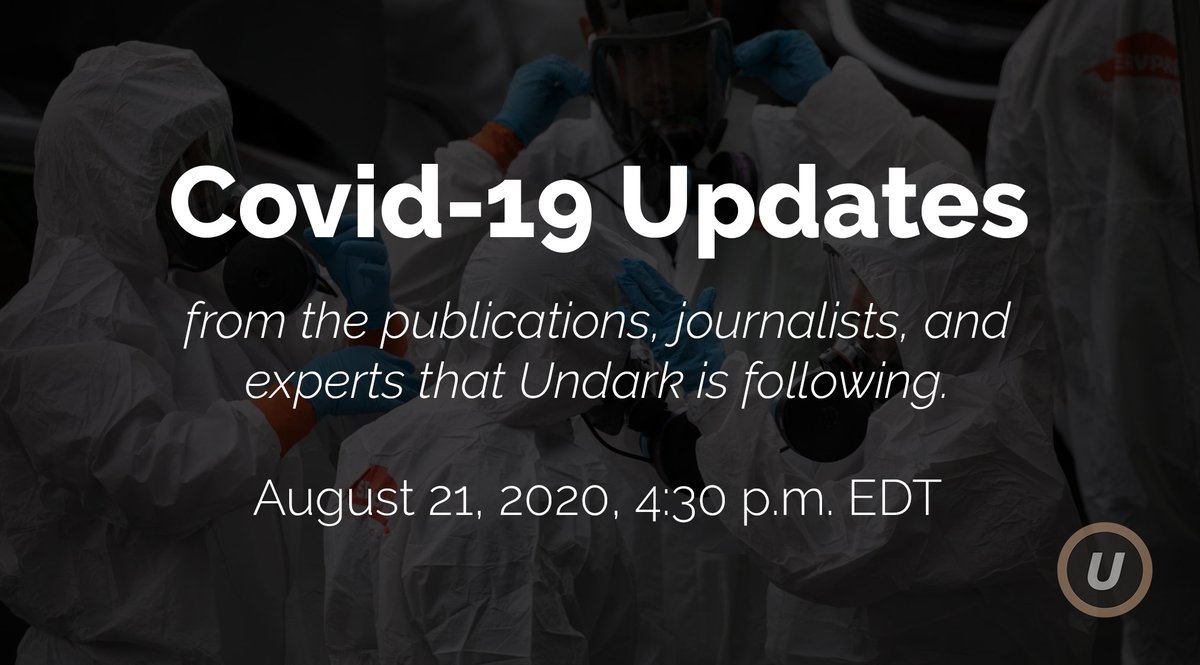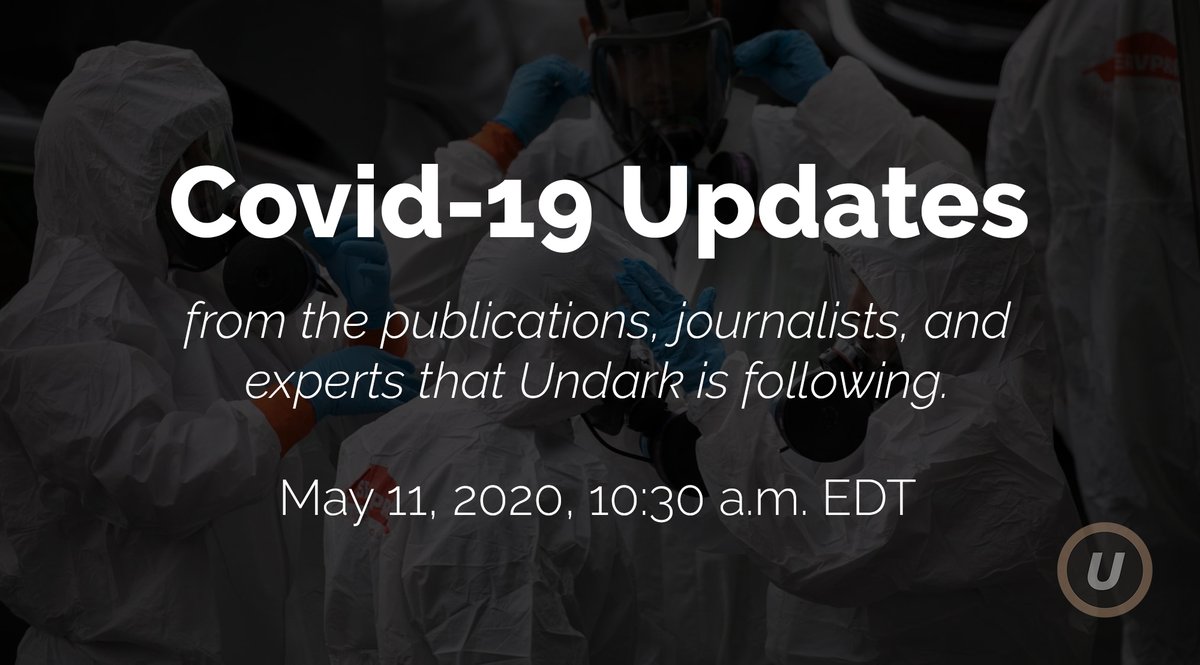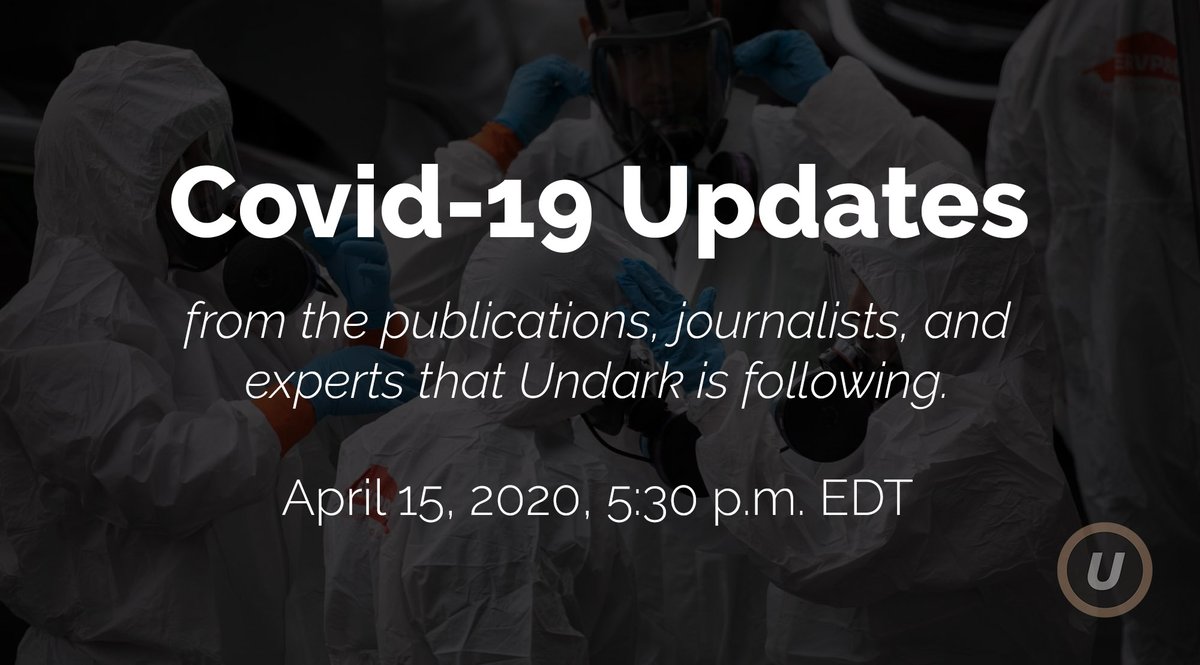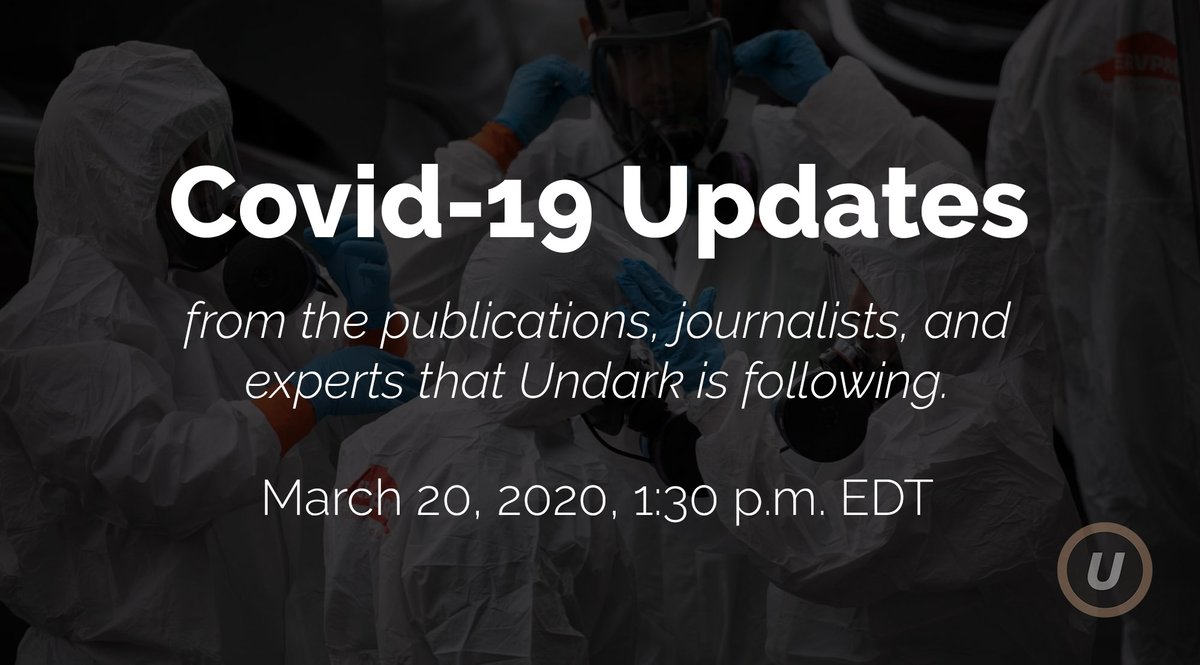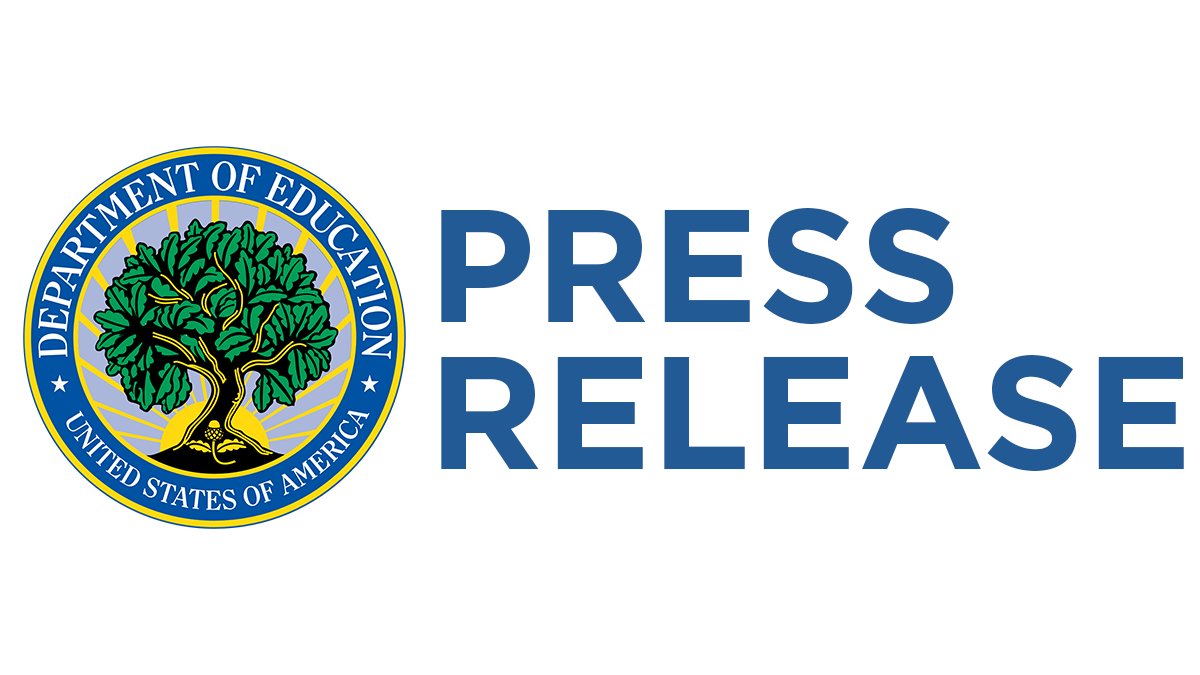🧵 Charlotte Dries, a Ph.D. student at @UniPotsdam, conducted a study exploring how communicating scientific uncertainty affects public trust in health authorities.
🔗: undark.org/2024/05/10/int…

🔗: undark.org/2024/05/10/int…

@unipotsdam The study found that explaining uncertainty in scientific findings doesn't erode trust; instead, it buffers against a loss of trust when evidence changes.
@unipotsdam Dries emphasizes the importance of being trustworthy rather than just maintaining trust. "The aim shouldn't be to maintain trust in science, but rather to be trustworthy," she says. 
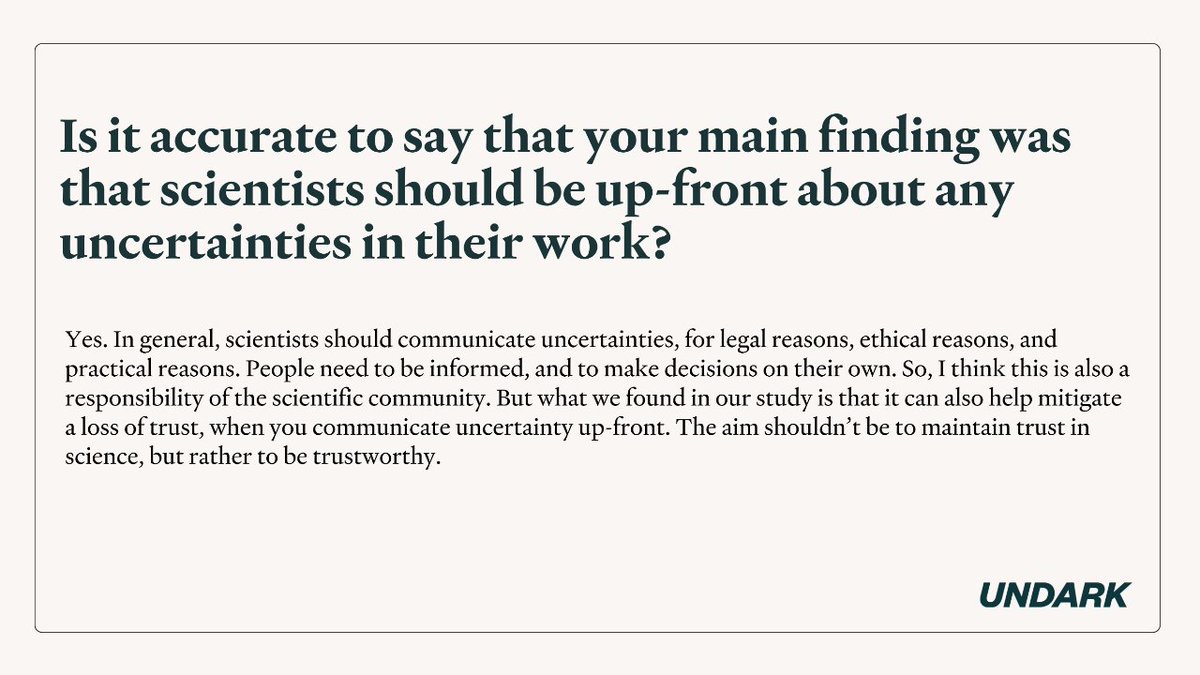
@unipotsdam The findings highlight the value of transparency from public health authorities, particularly during rapidly evolving situations like a pandemic.
🔗Read the full interview:
undark.org/2024/05/10/int…
undark.org/2024/05/10/int…
🔗Read the full interview:
undark.org/2024/05/10/int…
undark.org/2024/05/10/int…
• • •
Missing some Tweet in this thread? You can try to
force a refresh


